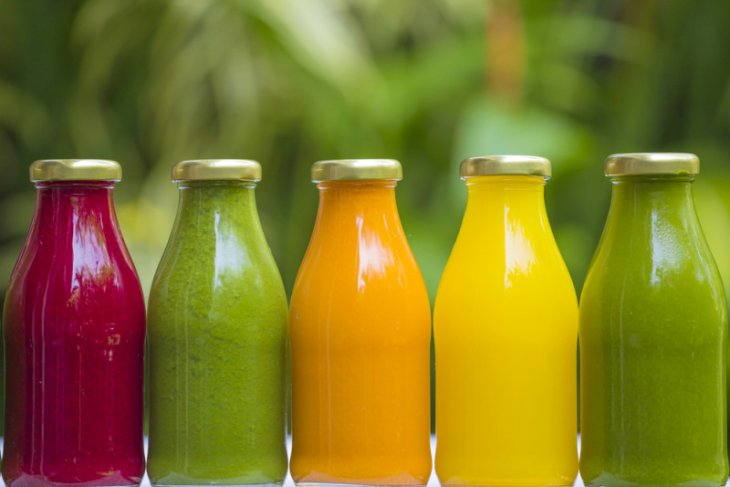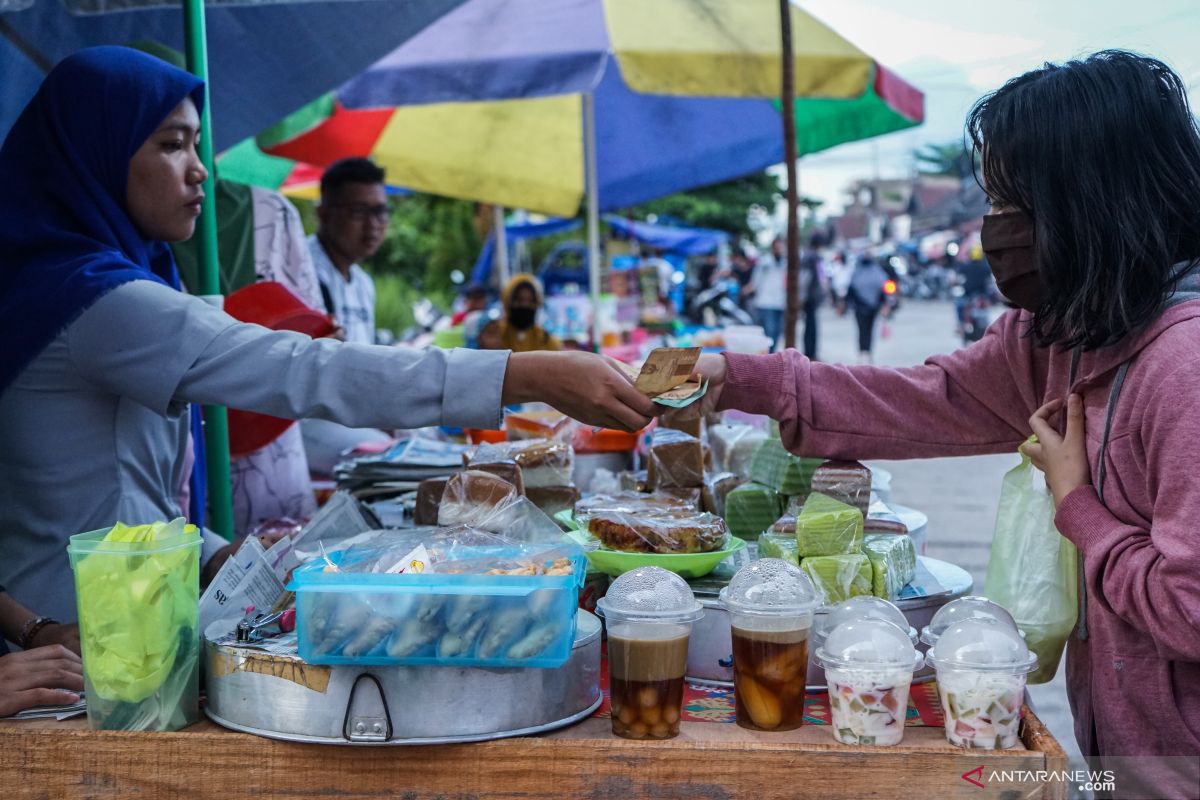A number of studies say fasting can increase immunity. There are no studies that state fasting increases the risk of COVID-19 infectionJakarta (ANTARA) -
Each year, Muslims around the world fast during the holy month of Ramadhan, as part of traditional rituals of contemplation and prayer. In Indonesia, Muslims fast for around 14 hours a day for one whole month.
Fasting is believed to be beneficial for the immune system, but during the COVID-19 outbreak, observing a fast can be a challenge.
"A number of studies say fasting can increase immunity. There are no studies that state fasting increases the risk of COVID-19 infection," said Universitas Gadjah Mada nutritionist R. Dwi Budiningsari, SP., M. Kes., Ph.D.
If properly done, fasting can repair damaged cell tissues and stimulate production of new white blood cells, helping regenerate the entire immune system, she noted.
A regenerated immune system can strengthen the body and help ward off infections and diseases, he pointed out.
The body’s immunity is greatly influenced by the quality and quantity of nutritional intake, Budiningsari added.
People who are malnourished are very vulnerable to COVID-19 infection, she explained adding, people who are well nourished, and whose food intake meets their energy needs, have a good potential for fighting off the virus.
Fasting also helps detoxify the body, she said. Fasting can help flush out various poisons stored in the body, including addictive substances in food, such as preservatives and food coloring, she continued.
Fasting can also help reduce excess body fat, which can imbalance the immune system by triggering cell production, causing inflammation of the body's organs and leading to vascular disease and other health problems.
"If people with excess fat lose weight, they can improve their immunity," Budiningsari stated in a news release on the university’s website.
Tips

To stay fit and healthy during fasting, one should follow a healthy and balanced diet.
For suhoor, it is good to eat complex carbohydrates and fibers that take a long time to digest and are converted into energy, such as brown rice, potatoes, whole wheat bread, grains, beans, oats, and sweet potatoes.
In addition, consumption of green vegetables, broccoli, carrots, and other foods with a lot of fiber, vitamin, and mineral content, is also needed. Protein can be obtained from animals and vegetables, such as fish, eggs, chicken, meat, tempeh, and tofu.
It is no less important is to consume fruits, such as watermelons, papayas, melons, oranges, and dragon fruit. Next, one must maintain a 2 liter-water intake, or the equivalent of 8-9 glasses a day, between iftar and suhoor.
"Limit sugar consumption to no more than 50 grams a day, or the equivalent of 4 tablespoons, because it can affect (the ability of) immune cells to fight disease. In addition, avoid consuming foods with high trans fat content and reduce foods or drinks that contain simple carbohydrates, such as foods or drinks that are too sweet," Budiningsari recommended.
When breaking the fast, she advised, people must not consume too much food. The portion of food consumed to break the fast should be around 10-25 percent of one’s daily needs, followed by dinner after sunset prayers (around 25-35 percent), night snacks (around 10-25 percent), and at dawn (20-35 percent of daily requirement), she informed.
Physical activity and exercise must be continued during fasting. Doing household activities and mild to moderate aerobic exercise can help keep the body healthy, Budiningsari stated.
It is also important to rest for at least 8 hours a day, and scheduling sleep is necessary because it can change dramatically during fasting, she said.
"Avoid stress because it can reduce immunity," she added.
Budiningsari also urged Muslims to adhere to the COVID-19 health protocols while fasting: washing hands with soap, keeping a safe distance, avoiding crowds, and wearing masks when leaving the house.

Not easy
However, practicing the protocols poses a real challenge for some people, especially those who live in densely populated areas.
Cendra Hadisaputri, who lives in Bekasi, West Java, has to time her shopping to avoid crowds and protect herself from a COVID-19 infection.
"I only dare to go to the supermarket or the market near my house. I have to go very early in the morning to avoid (crowds of) people," she told ANTARA.
To avoid contracting the virus, Hadisaputri and her husband are stocking up on food supplies so they last them a week at a time.
She is also trying to be mindful of her daily nutritional intake by cooking her own meals, rather than consuming processed food, or ordering food from a delivery service.
“I always take lemons, honey, Vitamin C, and fruits to increase the body's immunity," she revealed.
Meanwhile, fasting during the COVID-19 pandemic has forced Andhika Ariayuda to choose a practical and simple diet.
"For suhoor, my menu is very simple. I only eat oats or cut fruits purchased the day before from the convenience store near my boarding house," he told ANTARA.
While breaking fast, Ariayuda gets catered food from the construction company where he works. He still needs to go to office everyday amid the COVID-19 pandemic.
"Apart from the close distance between my boarding house and the office, working in the office actually helps me deal with stress. Most importantly, all of us who work in the office continue to practice physical distancing, wear masks, and frequently wash hands or use hand sanitizers," he revealed.
Whatever the difficulties and challenges when fasting during the current pandemic, it indeed will be an unforgettable experience and a test of faith for Muslims around the globe.
Related news: Wisdom of Ramadan amid coronavirus outbreak
Related News: Solace for those performing tarawih in solitude amid pandemic
Related News: Impact of COVID-19 on the tradition of 'mudik' in Indonesia
Editor: Gusti Nur Cahya Aryani
Copyright © ANTARA 2020


